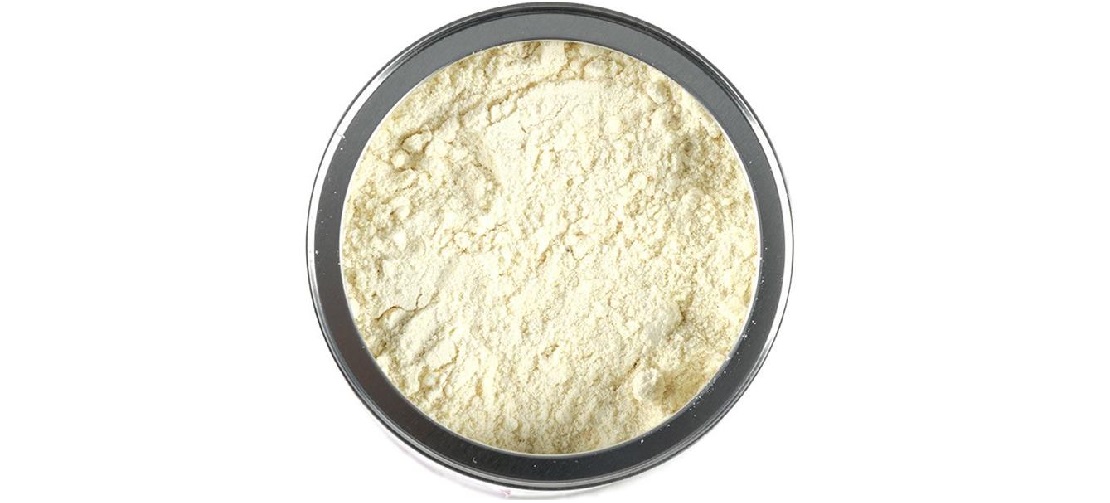
Brazil sets in motion additional measures to protect national dairy industry
Aug, 21, 2023 Posted by Gabriel MalheirosWeek 202335
The exorbitant cost of milk production domestically in Brazil, coupled with escalating imports, has dealt a detrimental blow to the productivity, competitiveness, and profitability of Brazilian dairy industry. In a bid to mitigate this crisis, the Ministry of Agriculture and Livestock (Mapa) has allocated R$200 million to bolster the commerce of powdered milk. This strategy was developed in collaboration with the Ministry of Agrarian Development and the National Supply Company (Conab).
This week, a slew of other measures were set in motion, including an upsurge in import taxes on dairy products, intended to bolster the competitiveness of domestic alternatives. Over a span of a year, the import duty surges from 12% to 18%, affecting three specific dairy products:
- Butyric butter oil, an ingredient employed in processed cheeses, various dairy derivatives, sauces, and breads.
- Moldy (blue) cheeses and analogous varieties imbued with veins through the use of Penicillium roquefort.
- Cheeses possessing a moisture content of 46% or more, yet less than 55% by weight, particularly soft-textured varieties.
In tandem with these three items, an additional 29 dairy products now bear import taxes ranging from 10.8% to 14.4%. Consequently, commodities such as yogurt, butter, grated cheese, and dulce de leche, which previously adhered to a uniform import tax of 10%, are now subject to a 14.4% tariff upon entry into Brazil.
Historically, Brazil has emerged as a substantial milk producer, with the domestic market absorbing nearly all of its output. This incentive is pivotal for the continuous progress of milk production across the country, as elucidated by economist and University of Brasília’s Financial Market professor, César Bergo.
“At this moment, a surge in imports could potentially demoralize dairy farmers, leading them to opt for beef cattle over dairy cattle production. Hence, governmental incentives are indispensable, mirroring global practices. The dairy sector holds immense significance, and it is incumbent upon the government to acknowledge this matter, which can, in a certain sense, gravely imperil the dairy farming segment.”
The chart below shows Brazil’s milk imports in containers (hs codes 0400-0404) between Jan 2019 and Jun 2023. The data used below was collected by the Business Intelligence Team at Datamar.
Brazilian Milk Imports | Jan 2019 – Jun 2023 | TEU
Source: DataLiner (click here to request a demo)
Brazil’s Dairy Industry
With a yearly production over 36 million tonnes, Brazil ranks as the world’s fifth-largest milk producer, representing 4.9% of global output. The nation is home to approximately 1.17 million milk producers, primarily concentrated in the southern and southeastern regions. The state of Minas Gerais emerges as the largest milk producer, trailed by Paraná, Rio Grande do Sul, and Santa Catarina. These insights are gleaned from the Center for Advanced Studies in Applied Economics (Cepea) and shared by Ana Paula Negri, a milk researcher at the institution.
According to Negri, the rise in imports can be attributed to the enhanced competitiveness of dairy products produced abroad, signifying a significant factor. Beyond the volume, which is nearly threefold compared to last year, the prices remain more competitive than domestic rates—exerting pressure across the entire supply chain.
Acquisition of Powdered Milk
The latest endeavor aimed at fostering domestic milk production involves the purchase of powdered milk. The National Supply Company (Conab) will oversee this process through the Food Acquisition Program (PAA), employing the Direct Purchase modality.
The powdered milk bought under this program will be redirected to individuals facing food and nutritional insecurity. It can be incorporated into staple food baskets or channeled to organizations catering to the nutritionally vulnerable. This initiative aligns with the requisites of the Ministry of Development and Social Assistance, Family, and Combat against Hunger (MDS).
José Luiz Bellini, an Embrapa dairy cattle analyst, perceives these measures as beneficial to the sector, yet not as the ultimate solution.
“While the removal of powdered milk from the market helps, the government’s funds will only be able to acquire four thousand tonnes, which is a relatively small amount. We’re talking about a measure that will help, but it won’t completely solve the problem. This is because the monthly import of powdered milk typically ranges between 15 and 20 thousand tonnes. While beneficial, the government’s intervention is limited in scope.”
Sector in Crisis
Economist César Bergo notes that, this year, Brazil has witnessed record-breaking milk imports, surpassing the historical 20-year average. Traditionally, Brazil imports an average of 480 million liters of milk between January and July. However, this year’s surge in global production and subsequent price reductions led to an unprecedented figure of 1.2 billion liters imported.
“This phenomenon precipitates a decline in milk prices within the domestic market, resulting in losses for the industry. Such downward pressures are further compounded by reduced consumption. The recent government measures, particularly the announcement of procurement, are poised to offer some respite.”
Source: Nova News
To read the original news text, visit: https://www.novanews.com.br/noticias/economia/incentivo-a-producao-nacional-de-leite-governo-aprova-medidas-para-beneficiar-setor
-
Other Logistics
May, 10, 2021
0
Bridge untangles state of Acre logistics and paves the way for Oceanic route
-
Ports and Terminals
Feb, 01, 2024
0
Customs auditors at Port of Santos renew strike over promised efficiency bonuses
-
Ports and Terminals
Apr, 12, 2020
0
ANTAQ authorizes Ultrafértil to start warehouse operation on Cardoso Island in Santos
-
Ports and Terminals
Apr, 23, 2024
0
Cargo Surge: Port of Santos Hits 16M Tonnes in March, Year-to-Date Growth at 15.9%

